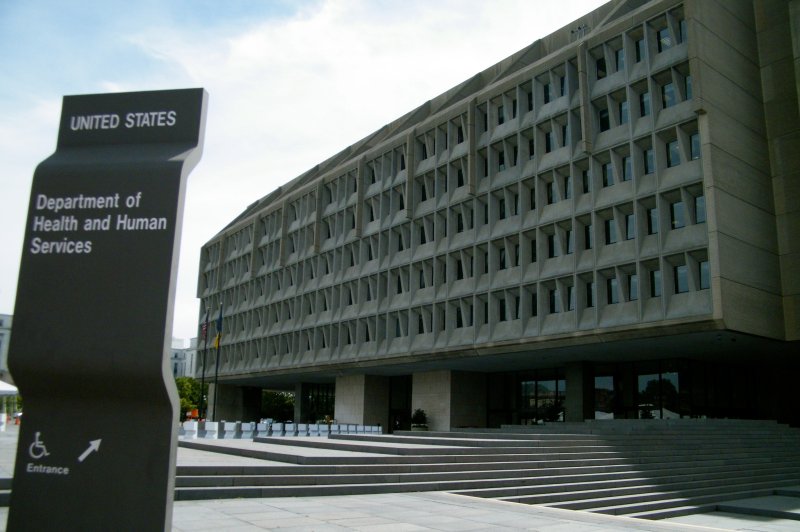The new division at the Department of Health and Human Services will be responsible for investigating worker complaints that their employers have violated their religious rights. Photo by
Sarah Stierch/Wikimedia Commons
Jan. 18 (UPI) -- The U.S. Department of Health and Human Services announced Thursday it will create new protections for health workers who have religious or moral objections to certain procedures.
HHS is creating a Conscience and Religious Freedom Division in the office of civil rights.
"Laws protecting religious freedom and conscience rights are just empty words on paper if they aren't enforced," Office of Civil Rights Director Roger Severino said. "No one should be forced to choose between helping sick people and living by one's deepest moral or religious convictions, and the new division will help guarantee that victims of unlawful discrimination find justice.
"For too long, governments big and small have treated conscience claims with hostility instead of protection, but change is coming and it begins here and now."
The new division will be responsible for investigating worker complaints that their employers have violated their religious rights -- a major shift for the Office of Civil Rights, which has mainly focused on patient safety and privacy concerns.
Workers who allege they experienced discrimination because they refused to participate in specific medical procedures -- including abortion or assisted suicide -- or say they were coerced into doing so, can file a complaint with the office.
Dr. Gal Mayer, president of GLMA: Health Professionals Advancing LGBT Equality, said the move amounts to a "license to discriminate against LGBTQ patients and women seeking reproductive health services."
The measure conflicts with professional medical associations, including the American Medical Association, the American Nurses Association and American Psychological Association standards meant to protect patients from bias, Mayer said.
"Discrimination against LGBTQ patients seeking healthcare already occurs every day, leading to poorer health outcomes for the LGBTQ community. This proposal further endangers the lives of LGBTQ people by allowing healthcare providers to refuse care and is contrary to the values we share as healthcare providers," Mayer said.
Severino said the office has received 34 complaints since President Donald Trump took office. Anti-abortion groups and Republicans previously criticized former President Barack Obama for not enforcing federal laws to protect workers from having to violate their beliefs.
"President Trump promised the American people that his administration would vigorously uphold the rights of conscience and religious freedom," acting HHS Secretary Eric Hargan said.
Some Democrats also expressed concern that the change could restrict access to healthcare.
"I am deeply troubled by reports of the unconscionable approach being considered by President Trump's administration to use the civil rights office at the Department of Health and Human Services as a tool to restrict access to healthcare for people who are transgender and women," said Sen. Patty Murray D-Wash., ranking member of the Senate Health Committee.
Ilyse Hogue, president of NARAL Pro-Choice America, issued a statement about the change.
"This announcement marks the Trump administration's latest step toward turning the Department of Health and Human Services into a place where backwards ideology rules, and science, ethics and concern for the well-being of all Americans are non-existent," Hogue said.
Marjorie Dannenfelser, president of the Susan B. Anthony Foundation, said, "This is a welcome change from the Obama administration's stubborn refusal to enforce federal laws that prohibit discrimination against healthcare entities."















